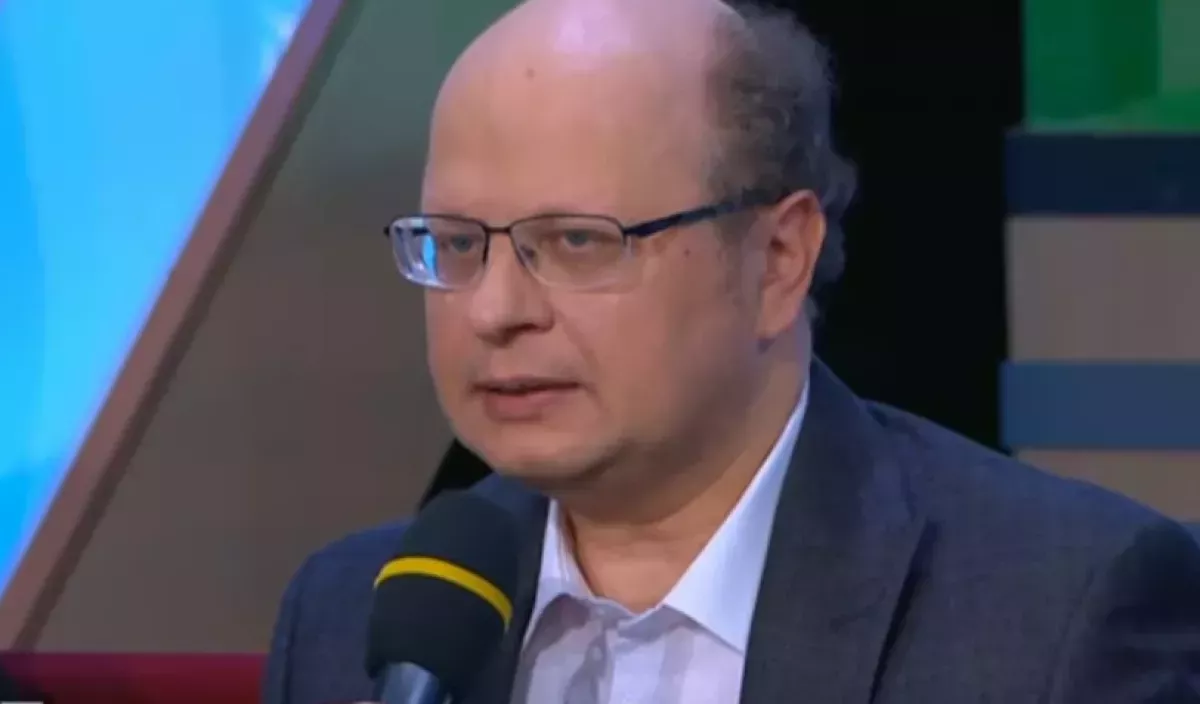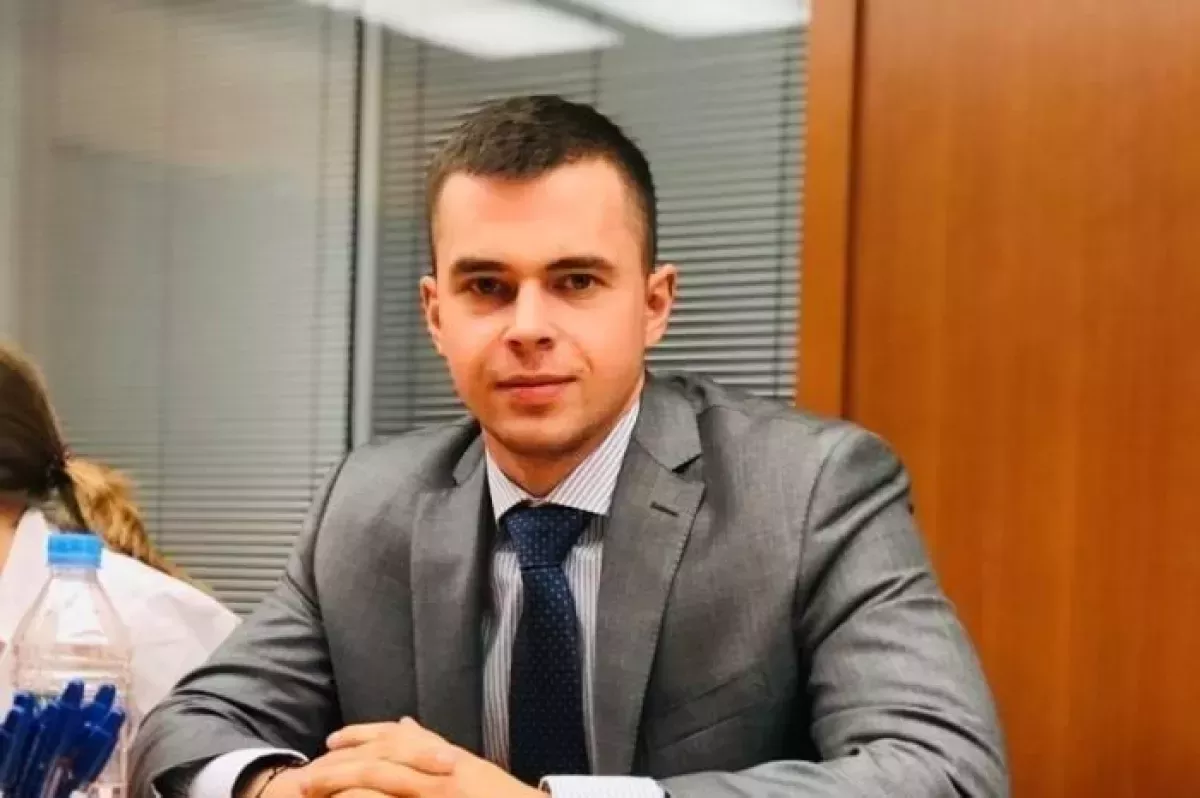US-brokered peace - major breakthrough, with Baku playing decisive role Foreign experts on Caliber.Az
The initialing of the draft "Agreement on the Establishment of Peace and Interstate Relations between the Republic of Azerbaijan and the Republic of Armenia" at the White House, in the presence of the President of Azerbaijan, the Prime Minister of Armenia, and the President of the United States, has become one of the most discussed topics in the world of high politics. The potential of this document can be confidently described as historic — it is no longer about plans and intentions, but about a tangible reality. This agreement is aimed at ensuring lasting peace in the South Caucasus.
How do different countries view the progress made between Baku and Yerevan? Foreign experts and political analysts share their opinions with Caliber.Az.

According to German political scientist Yevgeny Kudryats, the meeting in Washington and the initialed peace agreement are shaping a new reality in the South Caucasus. The only remaining obstacle is Armenia’s Constitution, which still contains territorial claims against Azerbaijan. However, Baku has no doubt that Yerevan will make the right choice.
“The initialling of the agreement between Baku and Yerevan in Washington is also a major success for Donald Trump, who managed to push Russia to the sidelines and seize the initiative in the South Caucasus. The meeting in America eased tensions between Armenia and Azerbaijan, allowing us to confidently speak of a diplomatic détente, which ultimately took shape in the form of a 17-point peace agreement,” the political scientist said.
He also noted that the Kremlin’s official response to the Washington Joint Declaration was restrained, yet showed signs of concern. Kudryats said the key points of Moscow’s position are that it welcomed efforts toward a peace agreement between Armenia and Azerbaijan, while also issuing a warning about external interference.
“The Russian Foreign Ministry stressed that any processes between Armenia and Azerbaijan should be guided by the regional context. Moscow believes that the Trilateral Statement of November 10, 2020, signed by the leaders of Russia, Armenia, and Azerbaijan, remains in force. The third concern expressed by the Russian side relates to the United States’ exclusive rights to develop a transport corridor through Armenia connecting Azerbaijan with its Nakhchivan Autonomous Republic — a matter that greatly worries Russia,” the political scientist emphasised.
As a veiled sign of the Kremlin’s highly nervous reaction, he pointed to remarks by Russian TV host Solovyov, who essentially called for resisting the growing U.S. influence in the South Caucasus and for carrying out a “special military operation” against Azerbaijan.
“This shows that Moscow is extremely irritated and fully aware that its influence in the South Caucasus is steadily diminishing,” Yevgeny Kudryats concluded.

Georgian international affairs expert Arkady Nozadze is confident that the initialing of the peace agreement between Azerbaijan and Armenia under the patronage of the U.S. president is a major breakthrough in the world of geopolitics, with Baku playing a decisive role.
“The initialing process shifts the geopolitical focus entirely. For example, it is very important that the guarantor of peace in the South Caucasus is the U.S. president himself. Such agreements are extremely difficult to undo; they are, so to speak, firmly cemented. Even if the Armenian authorities ever decide to break the agreement, they would be challenging the authority of the United States — a step that Yerevan is unlikely to risk.”
“Secondly, this is a very important political and economic breakthrough for Baku in its relations with Washington. It is truly historic, as it marks the emergence of the United States as a strategic partner of Azerbaijan, creating a new reality and pushing Russia far from its position as the leading influence in the region. The South Caucasus is no longer under Russia’s control,” Arkady Nozadze concluded.

According to Kazakh political scientist Ruslan Salikhov, the Washington meetings and the initialing of this globally significant document for the South Caucasus completely change the balance of power in the region.
“Azerbaijan and Armenia, on the day the document was initialed in Washington, effectively abolished the previous balance of power in the South Caucasus, where a number of toxic actors are now sidelined. Thanks to Ilham Aliyev’s skilled diplomacy and his close relationship with Donald Trump, Azerbaijan achieved the nearly impossible—bringing the Zangezur corridor project to life and curbing Yerevan’s arrogance. Now, it is Baku that stands as the defining force in the South Caucasus, able to shape the peace architecture and development directions at its discretion, virtually nullifying the influence of players like Iran and Russia,” the political scientist noted.
Salikhov says Russia’s main mistake lies in its failure to correctly interpret signals and learn from its mistakes in real time. All recent actions by the Russian side — from the Azerbaijani plane crash to the persecution of the Azerbaijani diaspora in Russia — indicate that Moscow has yet to realise that every counterproductive move against Azerbaijan produces the opposite effect: it is steadily losing influence over the developments in the South Caucasus.
“Azerbaijan has most clearly demonstrated this by cutting Moscow out of all the key points of control over the situation in the region, acting and negotiating with Yerevan completely without regard for Russia and its interests. Not long ago, Baku did consider Russian interests because there was mutual understanding and a cooperative process. What’s most striking is that Russia never even considered changing its stance or initiating dialogue, even after it became clear that Azerbaijan had no objections to U.S. involvement in launching the Zangezur corridor. Instead, Moscow continued to insult Baku and escalate the political atmosphere with hysterical statements, adopting an imperial tone. And the result is what we see today: Moscow’s political fiasco is obvious to all global players,” Ruslan Salikhov said.








